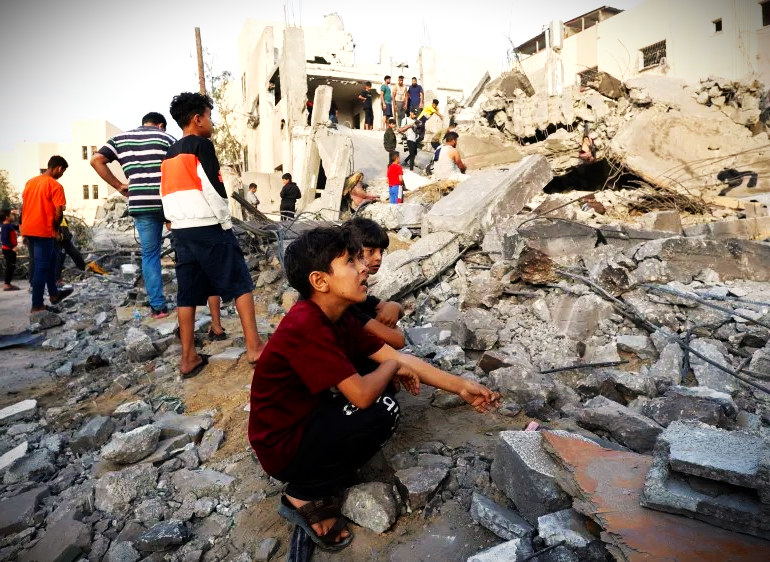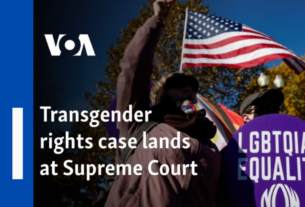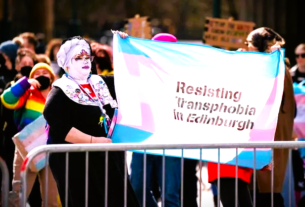A coalition of some of the United Kingdom’s most influential musicians and public figures has issued a formal appeal to Prime Minister Keir Starmer, calling for immediate government action to address the humanitarian catastrophe unfolding in Gaza. The open letter, organized by the refugee charity Choose Love, is signed by renowned acts including Wolf Alice, Massive Attack, Primal Scream, Brian Eno, Dua Lipa, and Annie Lennox, alongside more than 300 other cultural figures.
The letter condemns the UK’s ongoing arms sales to Israel and highlights the dire consequences of continued British support amid escalating violence in Gaza. It explicitly calls on the government to suspend all arms exports to Israel, ensure unhindered humanitarian access to Gaza, and commit to facilitating a ceasefire.
“Right now, children in Gaza are starving while food and medicine sit just minutes away, blocked at the border,” the letter states. “Words won’t feed Palestinian children, we need action.” The signatories emphasize that “every arms shipment makes our country directly complicit in their deaths,” citing the loss of more than 15,000 Palestinian children, including thousands under the age of four.
The appeal is bolstered by a diverse array of co-signatories, encompassing actors Benedict Cumberbatch, Riz Ahmed, Maxine Peake; filmmakers Danny Boyle and Asif Kapadia; writer Charlie Brooker; sports commentator Gary Lineker; and physicist Brian Cox, among others. They underscore the gravity of the situation and the urgency of a decisive response, warning that the UK’s “complicity is not inevitable – it is a choice.”
The letter urges the Prime Minister to recognize this juncture as “a moment of moral clarity,” warning that “history is written in moments of moral clarity. This is one.” It concludes with a direct challenge: “Prime Minister, what will you choose? Complicity in war crimes, or the courage to act?”
The appeal comes amid growing international concern over the scale and impact of the Israeli military campaign in Gaza, launched in response to the October 2023 Hamas attack on Israeli territory, which killed approximately 1,200 people and resulted in the capture of over 250 hostages. According to Gaza’s health authorities, more than 50,000 Palestinians have died in the conflict since.
Human rights organizations, including the UN Human Rights Council, have raised accusations that Israel’s actions may constitute genocidal acts, citing the 1948 Genocide Convention’s definition of genocide as “acts committed with intent to destroy, in whole or in part, a national, ethnical, racial or religious group.” Israel denies such allegations, and an ongoing legal case at the International Court of Justice brought by South Africa seeks to examine these claims.
The conflict’s long history, marked by significant casualties on both sides, underscores the complexity of achieving peace. Yet the letter’s signatories assert that the UK must reconsider its position, particularly regarding arms sales and humanitarian restrictions, to avoid further complicity in the suffering.
This public appeal by cultural leaders reflects a growing movement within the arts and wider society to hold governments accountable for their role in international conflicts, advocating for policies grounded in human rights and humanitarian principles.




